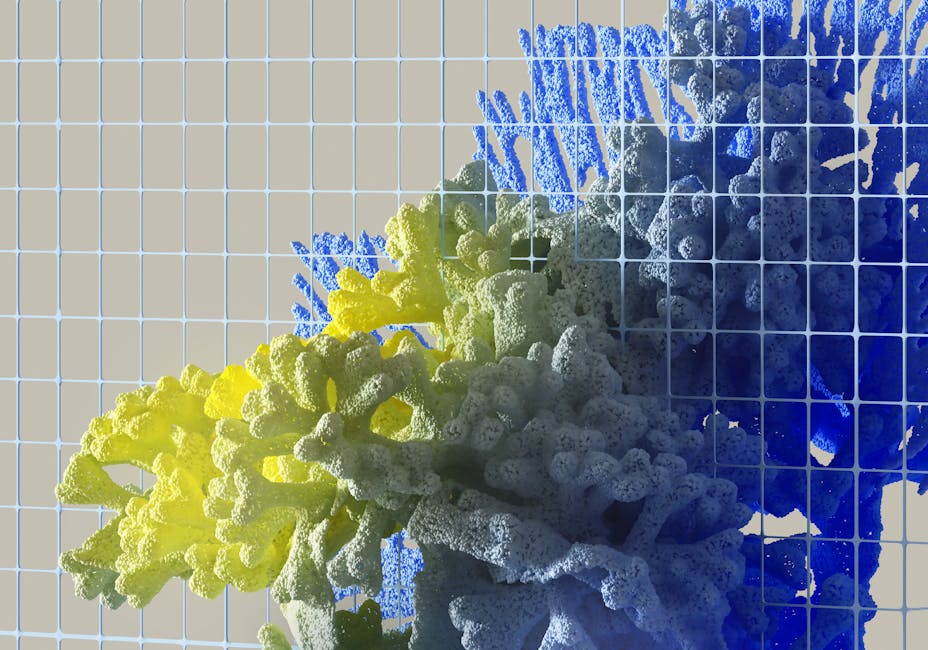A primary ethical concern centers around the responsible conduct of research. This encompasses honesty and integrity in all aspects of the scientific process. Fabrication, falsification, and plagiarism collectively known as FFP are egregious violations of scientific ethics, severely undermining the trustworthiness of research findings. Such misconduct not only damages the reputation of the individual researcher but also erodes public confidence in science itself. Institutions have a responsibility to establish clear guidelines, provide training on research ethics, and implement robust mechanisms for detecting and investigating allegations of misconduct. Transparency in data collection, analysis, and reporting is paramount. Detailed documentation, open data sharing (where appropriate and feasible), and pre-registration of studies can significantly enhance accountability and minimize the potential for bias or manipulation.
Another crucial ethical area involves the protection of human participants in research. Informed consent is a cornerstone of ethical research involving humans. This means prospective participants must be fully informed about the nature of the study, potential risks and benefits, their right to withdraw at any time without penalty, and how their data will be handled and protected. Vulnerable populations, including children, the elderly, individuals with cognitive impairments, or those in marginalized communities, require special consideration and enhanced protections. Research involving these groups necessitates careful scrutiny to ensure their autonomy is respected and their well-being is prioritized. Independent ethics review boards, often comprised of experts in various fields, play a vital role in assessing the ethical implications of research proposals and safeguarding the rights of participants.
Animal research also presents a complex ethical challenge. While animal models are often essential for advancing scientific understanding and developing new treatments, their use raises serious ethical questions concerning animal welfare. The “3Rs” Replacement, Reduction, and Refinement provide a framework for minimizing harm to animals. Replacement emphasizes finding alternatives to animal use whenever possible, such as in vitro studies or computer simulations. Reduction focuses on using the minimum number of animals necessary to achieve statistically significant results. Refinement aims to minimize pain, distress, and suffering experienced by animals during research. Adherence to these principles requires careful consideration of experimental design, humane endpoints, and appropriate veterinary care. Institutions conducting animal research must have established animal care and use committees to ensure compliance with ethical guidelines and regulations.
Beyond the treatment of human and animal subjects, broader societal implications must be considered. Scientific research often has far-reaching consequences for individuals and communities. For example, genetic research raises complex ethical dilemmas regarding privacy, discrimination, and access to genetic information. Similarly, research in areas such as artificial intelligence, nanotechnology, and climate change presents unique ethical challenges that require careful deliberation and proactive engagement with policymakers and the public. Scientists have a responsibility to anticipate potential societal impacts of their work and to engage in open dialogue about these implications.
Data privacy and security represent significant ethical concerns, particularly in the age of big data. Researchers must adhere to strict ethical guidelines regarding the collection, storage, and use of sensitive personal information. Anonymization and data security measures are crucial to protecting the privacy of research participants and preventing unauthorized access or misuse of data. Transparency in data management practices and adherence to relevant data protection regulations are essential.
Conflict of interest is another critical ethical consideration. Financial incentives, personal relationships, or other competing interests can potentially bias research findings or compromise the objectivity of the scientific process. Researchers have an obligation to disclose any potential conflicts of interest and to take steps to mitigate their influence. Institutions have a role to play in establishing clear policies regarding conflict of interest and in providing mechanisms for managing such situations.
Finally, responsible dissemination of research findings is crucial. Scientists have a duty to communicate their research accurately and transparently, avoiding sensationalism or misrepresentation of results. They should also be mindful of the potential impact of their findings on the public and should strive to communicate their work in a way that is accessible and understandable to a broad audience. This includes engaging with the media responsibly and correcting any misinterpretations or misrepresentations of their research. The integrity of scientific communication is paramount in maintaining public trust and fostering informed decision-making.
In conclusion, ethical considerations are interwoven into the fabric of scientific research. Adherence to ethical principles is not merely a matter of compliance with regulations but a fundamental requirement for ensuring the validity, reliability, and societal benefit of scientific endeavors. Continuous reflection, robust oversight, and a commitment to responsible conduct are essential for navigating the complex ethical challenges inherent in scientific progress. A culture of ethical awareness, fostered through education, training, and institutional policies, is crucial for sustaining the integrity of science and promoting its responsible application for the betterment of humanity.
